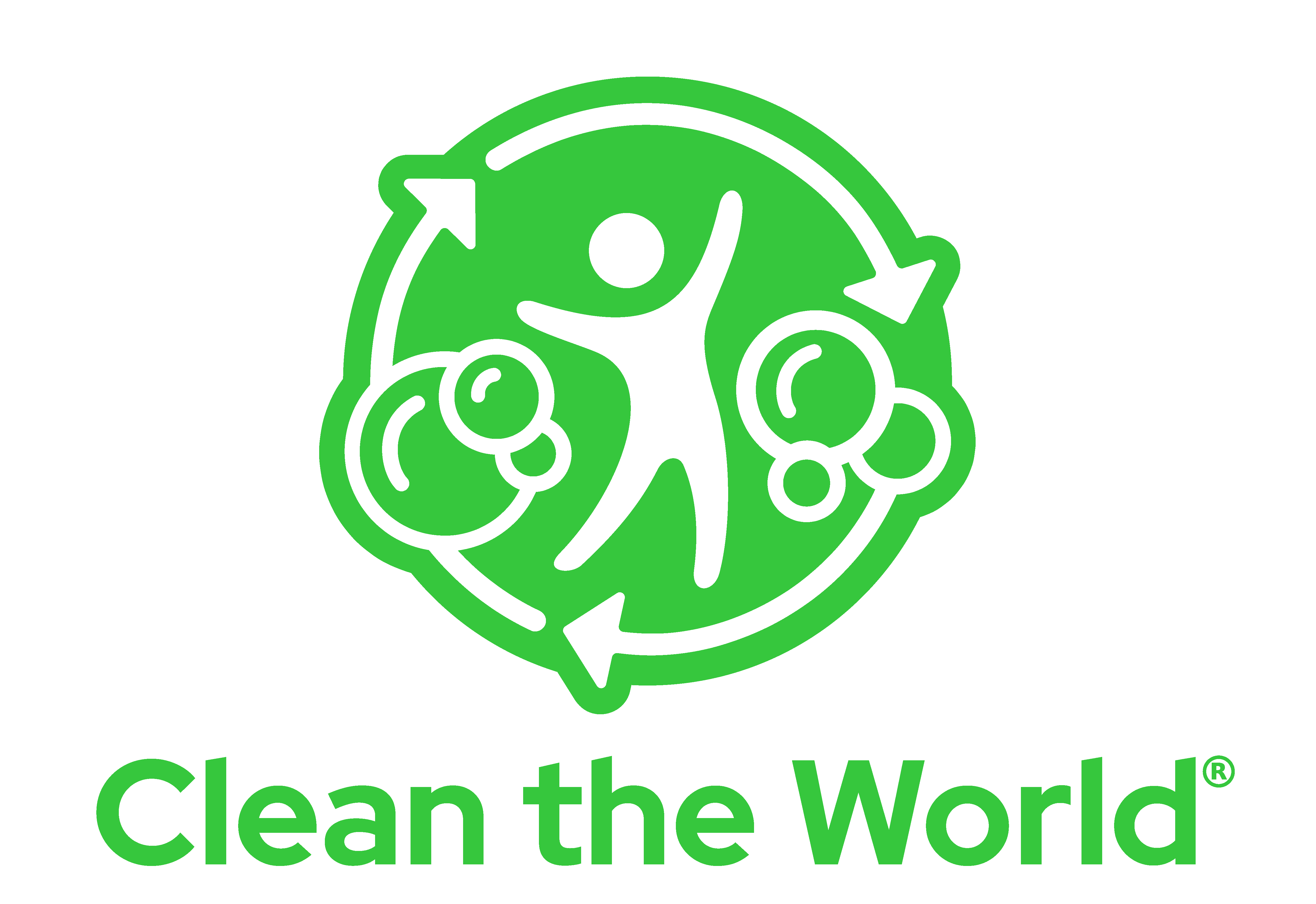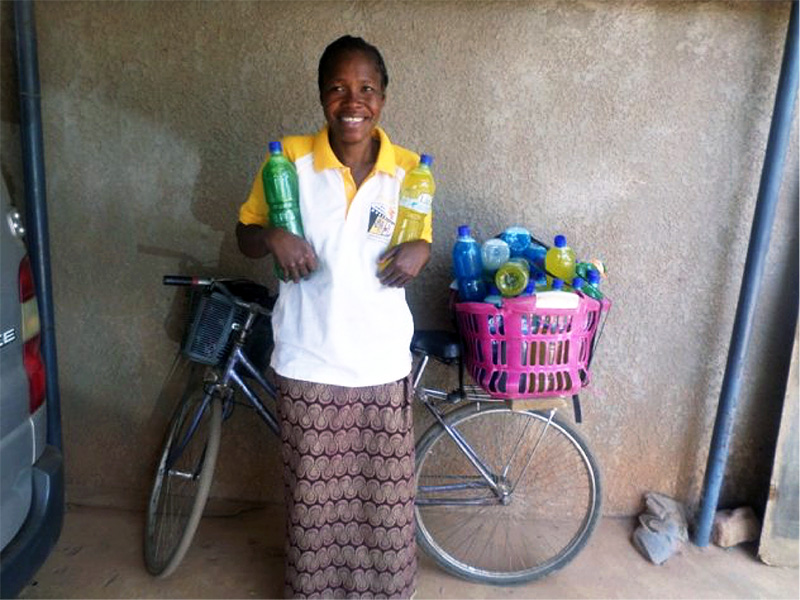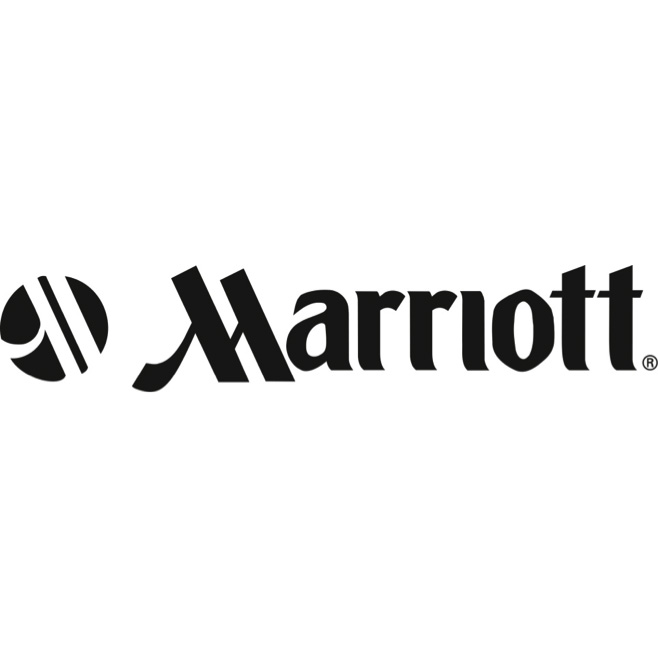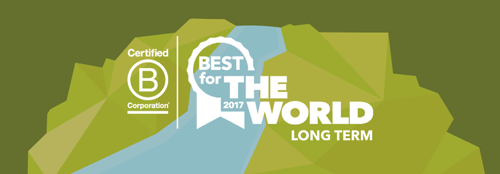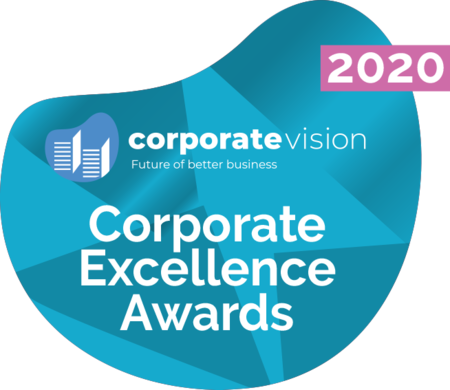Clean the World’s Global Soap & Hygiene Initiative to Expand Programming in 2016
When Clean the World and the Global Soap Project launched in 2009, an average of 9,000 children under the age of 5 died every day from hygiene-related illnesses. Just six years later, the daily average has dropped to around 5,600. That’s a lot of progress – but our goal remains to drive that number down …
